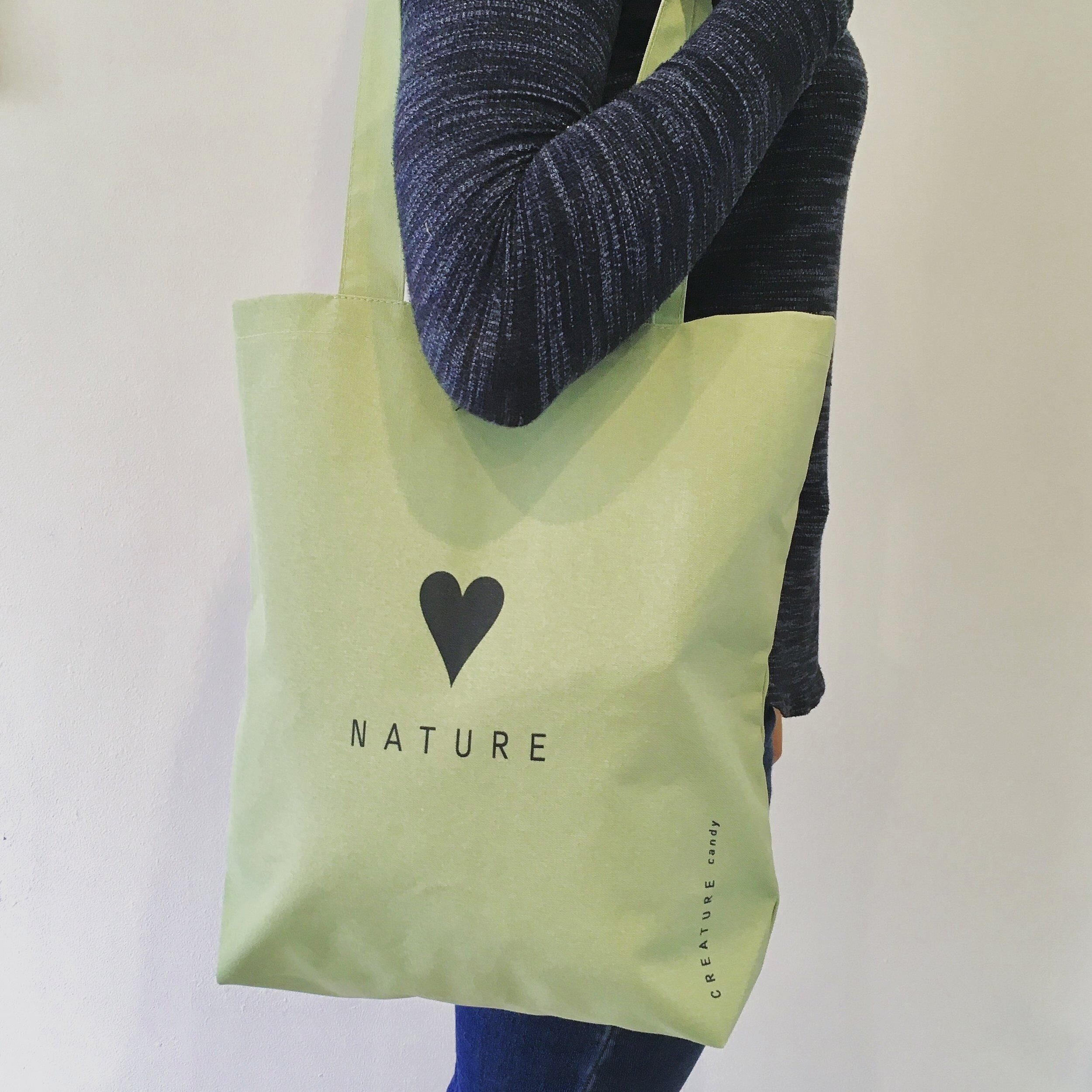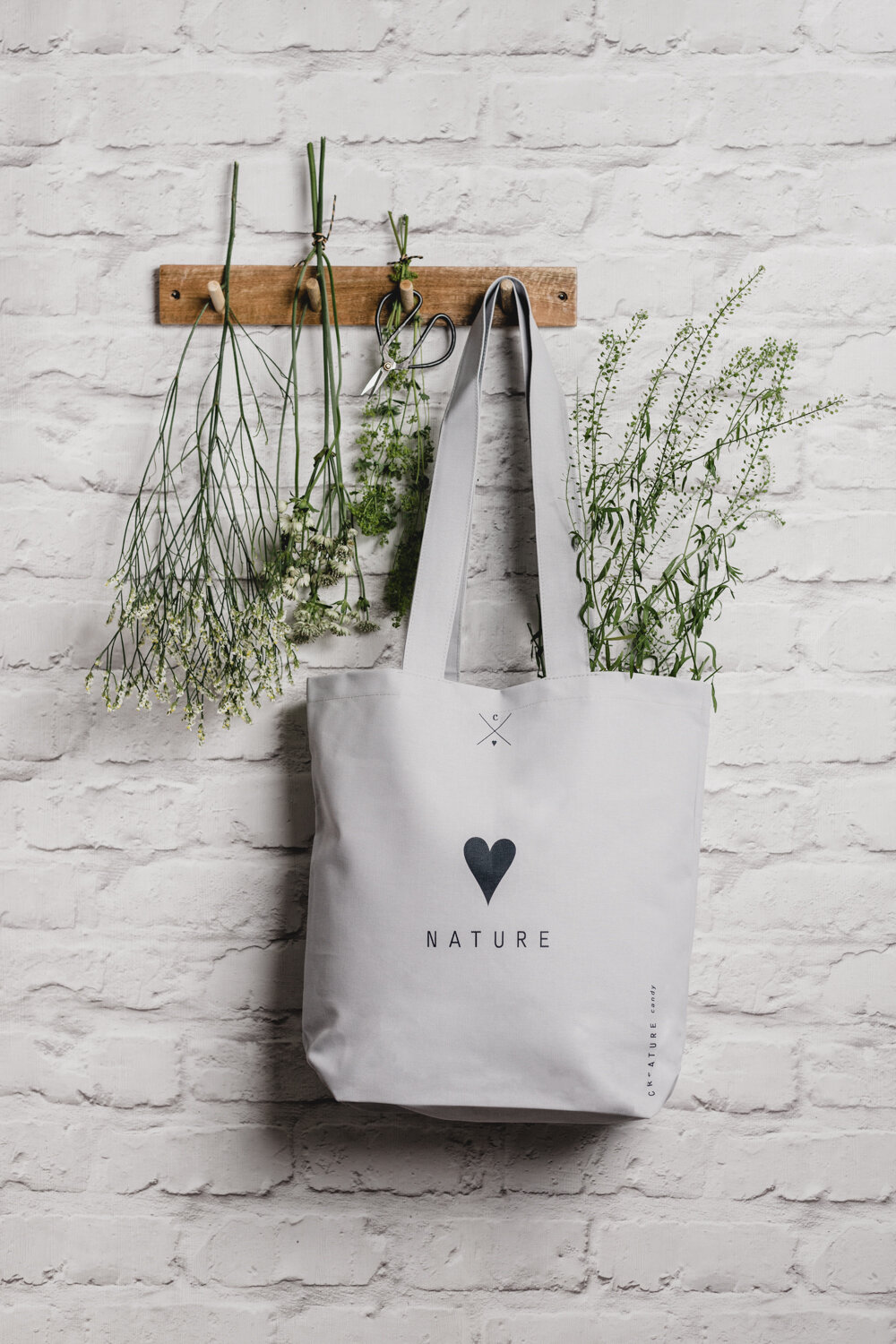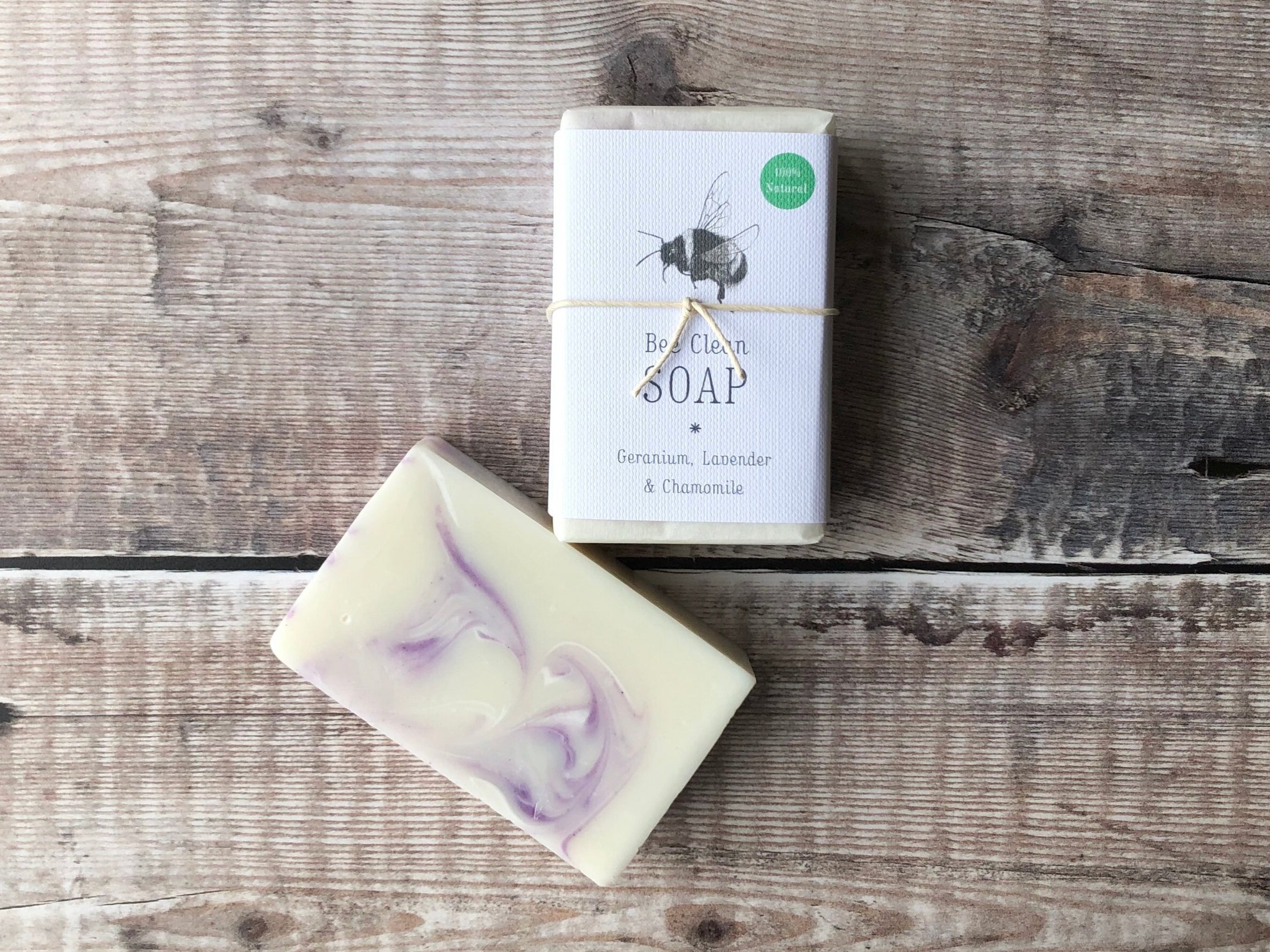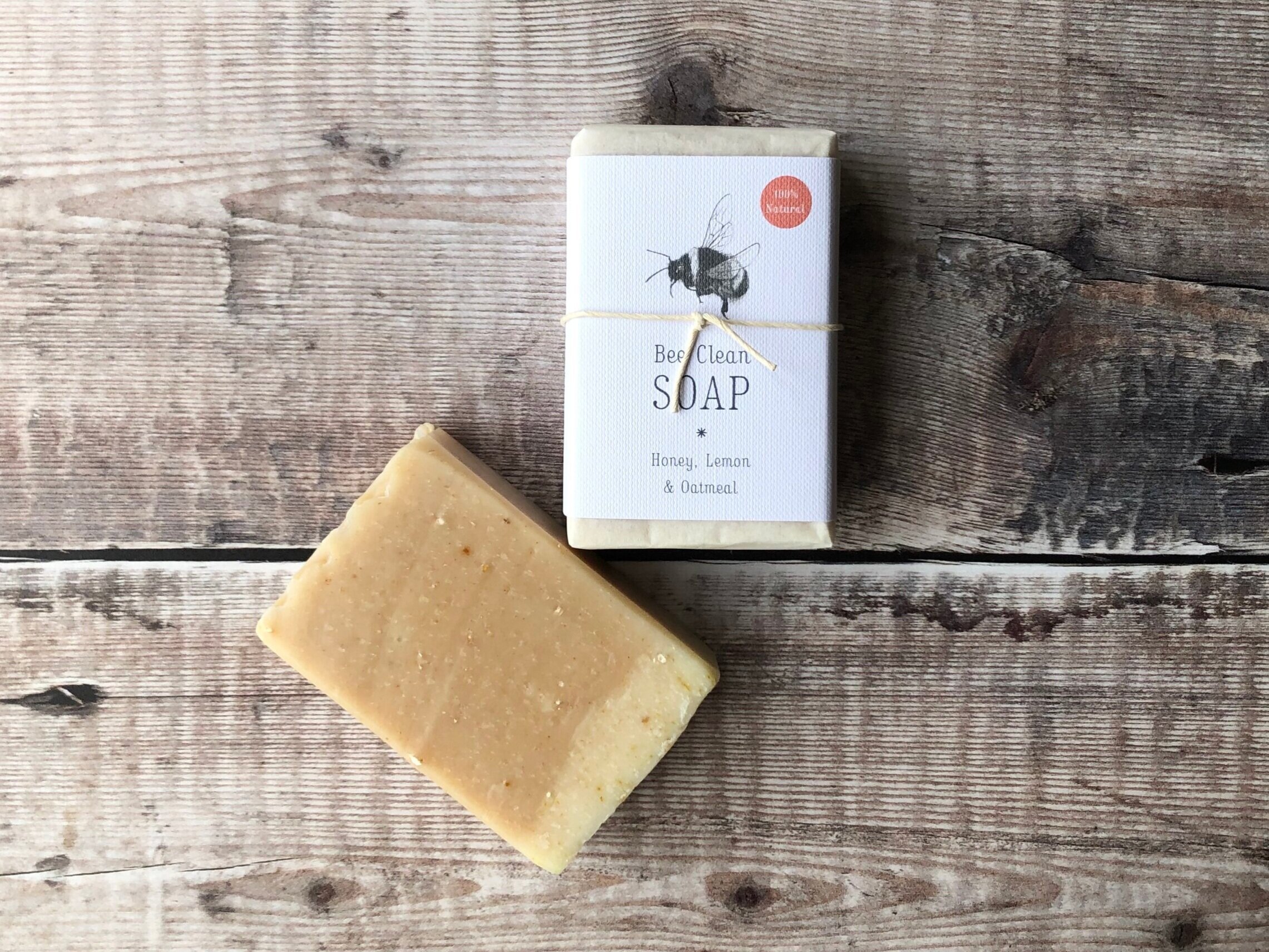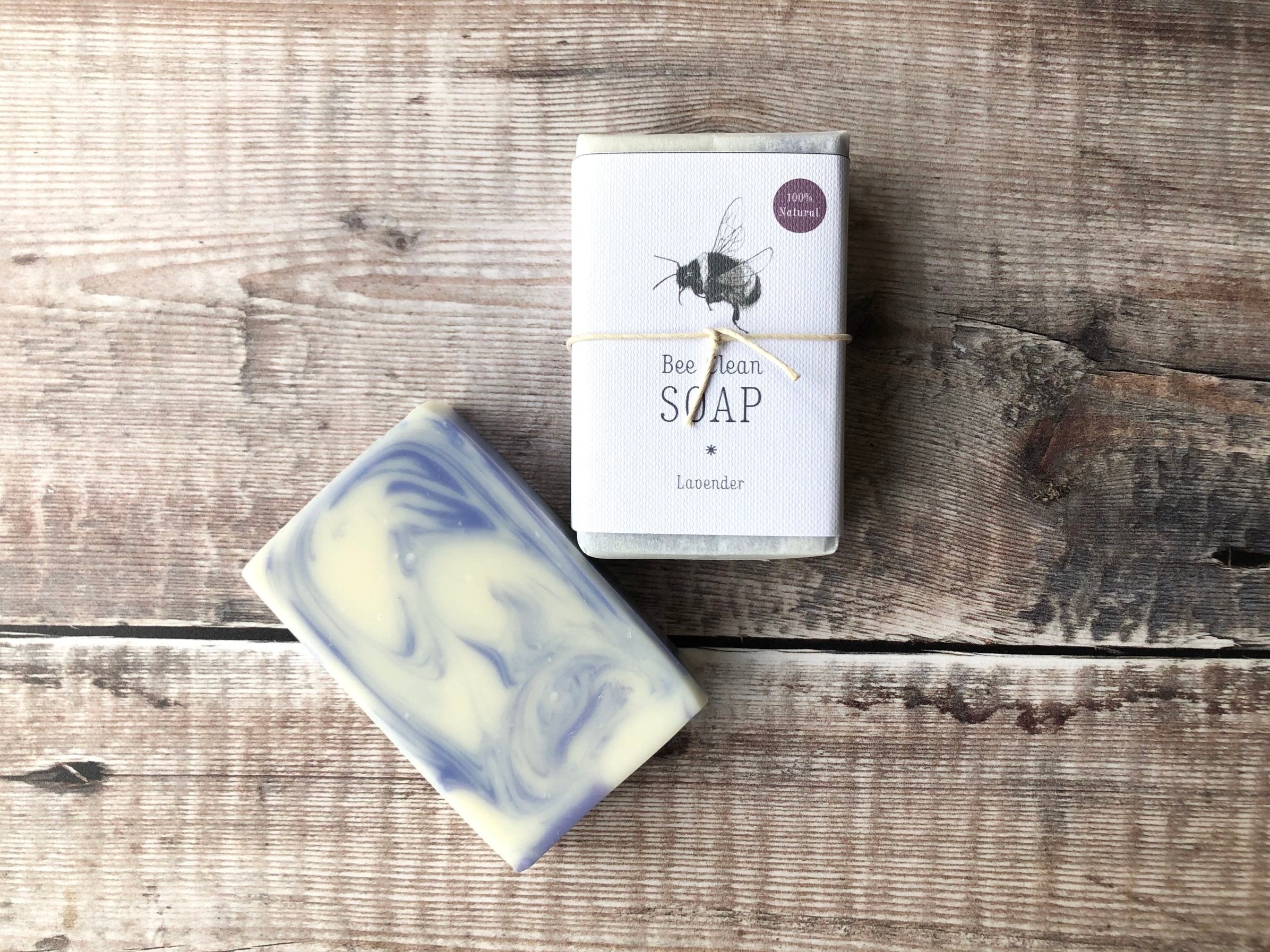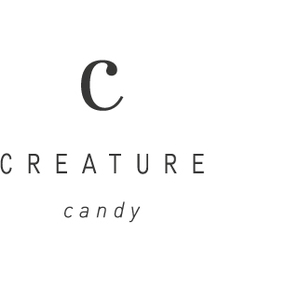By Andrew Groves.
It’s fully irrefutable at this point that human activity, driven by consumerism, is destroying our environment. On the run up to Christmas, consumerist behaviour goes into overdrive with the Bank of England claiming that the amount of money we spend increases by £800 on average during December.
Whilst the holiday season does well to merely highlight the environmental problems at hand, we need immediate solutions.
So what’s the answer? Let’s take a look at how companies in the UK are emerging with real alternatives - designed to impact the planet in a positive way.
The Plastic Problem
Upon its invention, plastic was seen as a miracle material and it was - it was the first synthetic material ever created. Used extensively during the World Wars in the early 1900s, manufacturers spotted opportunities to capitalise on plastic.
Soon plastic was everywhere - from toothbrushes to pieces of furniture, this utopian material was everywhere.
Would the earliest innovators have stopped producing plastic had they the foresight to see the damage it now does?
It’s been estimated that there’s currently 5 trillion pieces of plastic occupying our oceans. 5 trillion is a staggering amount and is probably a figure many of us will have trouble visualising. What we don’t have trouble visualising however are the images of marine life entrapped in our rubbish - punished because of our over-reliance on plastic.
A small fish inside a single-use plastic cup.
Pollution of oceans is only a part of the problem too. Along with other issues such as littering cities and countrysides, plastic has a rather large carbon footprint.
Plastic is actually made out of oils and natural gasses and therein lies the problem.
"The real story of plastics' impact on the environment begins at the wellheads where it comes out of the ground," Carroll Muffett, head of the Center for International Environmental Law, stated. "And it never, ever stops."
After this you have to contend with plastic being an incredibly energy intensive material to create. For example, the plastic bottle your liquid soap comes in takes 20x more energy to produce than say a vegan soap bar packaged in a Kraft paper box.
From cradle to landfill or ocean, it’s estimated that plastic will produce 56 gigatons of carbon between now and 2050. It’s clear that we need to act and we need to act now.
The Solution
Now, going back to our earlier question as to whether the early innovators would’ve stopped plastic production with the evidence of today behind them. We could actually answer this with some degree of certainty and the answer is: no.
We live in an unfortunate world where profit is often put before the planet and whilst there’s money to be made using plastic, it will continue to be used. For example, according to the National History Museum, the UK alone still dumps up to 12.7 million tonnes of plastic in our oceans annually.
So what’s the solution?
It’s pretty clear that consumers are the ultimate decision-makers as to whether something is produced. Sure, you’ll get products popping up here and there but in order for those products to survive, there needs to be someone buying it. If there were no buyers, why even bother making it in the first place?
So following on from this, consumers need to be more conscious when it comes to buying goods. This includes the packaging the goods arrive in too.
Let’s look at some practical examples of how you, as a consumer, can influence change.
Reusing Coffee Cups
By now you might be familiar with the damage caused by single-use coffee cups. Just to get you up to speed, the UK throws away 2.5 billion coffee cups a year. I don’t need to tell you that this is not good for the environment.
Here’s where you come in. Say you purchase a reusable bamboo coffee cup and each time you get a takeaway coffee, you use your own coffee mug. If you did this 3 times a week on average, you’d be saving over 150 disposable cups from landfill and our oceans. Now this might seem like very little compared to the giant figures above but if more people did this, the numbers start to stack up.
So what happens when more and more people do this?
The coffee shops order a certain quantity of disposable cups in line with how many people are using them. So as the number of people reusing goes up, the number the coffee shops order goes down.
Simple right? This isn’t mentioning that both parties here are benefiting. Disposable cups cost the coffee shops money and it’s for this reason many offer discounts to customers who bring their own cup.
Ditching Plastic Toothbrushes
Here’s an example of something so simple it’s often overlooked. Many of us start and end our day with the first and last things we touch being made of plastic. Of course, we’re talking about toothbrushes.
To give you an idea of the length of time it takes for a plastic toothbrush to breakdown in a landfill, think about this: if Henry VIII used a Colgate plastic toothbrush when he was alive, it’d still be in its full form today.
A bamboo toothbrush is a viable alternative and there’s plenty of options on the market right now. Again, the only way plastic toothbrushes will stop being made is if we stop buying them. If the larger corporations see a shift in buying behaviour towards sustainable bamboo there’s only one thing that will happen.
You guessed it - they’ll pivot towards selling bamboo toothbrushes themselves.
Purchasing Ethical and Sustainable Fabrics
The fashion industry is accountable for 10% of global carbon emissions. The current pace of production suggests the industry’s greenhouse gas emissions will rise more than 50% by 2030.
It’s up to us as responsible consumers to dictate the materials used in our clothing and accessories.
Some eco-alternative materials include soy, organic cotton, hemp, linen, faux leather and recycled synthetic fibres.
By choosing these materials polluting and unethical fabrics such as leather will go out of demand.
For example, instead of purchasing a new leather bag, opt for a faux leather backpack instead.
Other Eco-friendly Options You Should Choose to Use
The list of eco-alternatives is becoming extensive. From household products to beauty - we can all start making simple swaps to help the planet. Some options out there include:
It’s obvious to see that the quickest way towards sustainability starts with you. Governments are bound by tricky laws and large corporations lobbying them so any changes in the law are often too slow to be implemented.
Now you have the information you need, it’s time to make a change.
Check out goBambu to find stylish, eco-friendly alternatives:
Website: gobambu.co.uk
Facebook: https://www.facebook.com/goBambu.UK
Instagram: gobambu.uk
Take a look at some of our eco-friendly options:
